The piano is arguably one of the best instruments but certainly the only instrument to be preceded by the word ‘grand’. With its more recent historical developments, this title is undoubtedly fulfilled, with its mighty size, wide register and sound capabilities. But these advances have failed to include the subtle but necessary adjustments of this instrument for the pianist’s individual needs.
A piano is regarded as a ‘one size fits all instrument’, but just like a pair of trousers, a singular sized piano can never suit everyone sufficiently. Consequently, men, with an average of 2cm extra under their fingers, naturally and unconsciously benefit.
As I have grown from amateur to pianist, the burden of small hands has been an unshakable weight; from my childhood teachers selecting my exam pieces based on my sorry handspan to now. I consciously avoid certain composers because of the relentless added challenges of rearranging, skipping, and spreading notes and chords. Still, inevitably, these techniques have become part of my core pianistic toolbelt. I just have to sigh and get on with it, knowing that this has never crossed the minds of my lucky male colleagues, and any complaint is a weakness.
In my 15 years of playing the piano, it has only recently entered my consciousness that I may be at a disadvantage due to my handspan. In 2018, I saw a model prototype of smaller keyboards while attending a ‘small hands piano workshop’. At that moment, the invisible obstacles blocking my and so many pianists’ paths became clear. Simply because I haven’t been catered for in the same way as the average man, I have always had to work harder at playing octaves and chords, often fearful of debilitating cramps in particularly intense passages. It never registered as any inequality until now. Cellists, guitarists, and harpists have not had this barrier. They are just a few of the many instrumentalists granted the privilege of suitably sized instruments, so why has the piano been left out?
That being said, vital options for pianists do exist but are few and far between, despite the development of David Steinbuhler and Chris Donison’s smaller sized keyboards back in the 1990s. The DS5.5, DS6.0, and DS5.1 are the models, each referring to the distance (in inches) of the respective keyboard’s octave span. 6.5 inches is standard. This is great, except I have played the piano for 15 years and never seen one.
Historically, the piano keyboard was not an exclusively male instrument. In fact, during the 19th-century, women were encouraged to learn to play – it was an integral part of middle-class feminine etiquette. Unfortunately, the similarities end there. For women, music was merely a tool to elevate one’s social status. It was distinctly frowned upon for music to become anything other than a private hobby, not to mention making money from it. On the other hand, men were deemed worthy of public musical recognition and an income, so 19th-century pianos were built for the likes of Franz Liszt, Sergei Rachmaninoff and Frederic Chopin, and have been ever since.
This, of course, hasn’t stopped women. From Clara Schumann and Nadia Boulanger of the past defying social expectations to Martha Argerich and Yuja Wang of today, tackling and conquering the greatest works ever written (by men). They leave their audiences breathless and on their feet after tempestuous performances of Tchaikovsky, Beethoven and Rachmaninoff. Having said this, when will the work of female composers become part of mainstream repertoire in the same way? I am currently playing my first female composed piece, 15 years too late.
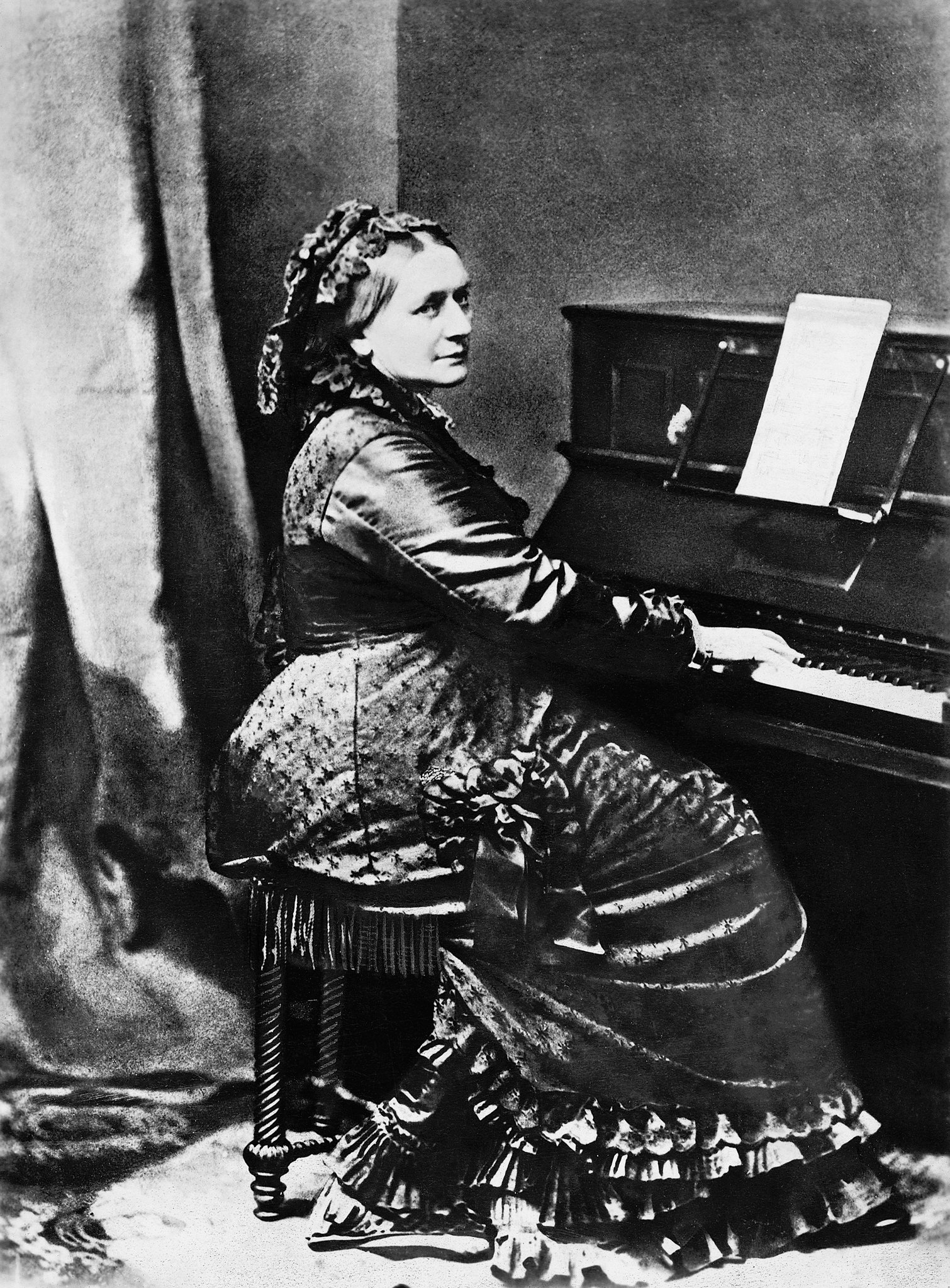
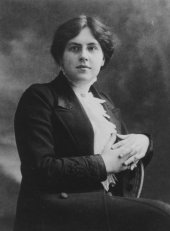
Schumann Boulanger
Despite this demoralising insignificant role in mainstream musical repertoire, female composers are finally being celebrated, and many barriers of the past have lifted, allowing the fledgeling prodigies to flourish finally. Alma Deutscher has become a world-renowned and highly respected composer and musician in her 14-year life, no doubt one to watch. Her superior talent has piloted her to Carnegie Hall and earned her the disappointing title of ‘A Mini-Mozart’. Problematic, to say the least. Is there really a need for the constant referral to her male predecessors? She is fantastic as she is.
Music education is also tainted with inescapable gender inequality. My GCSE’s (2016) consisted of a disappointing two years spent studying all male composers save for Anoushka Shankar, the only female composer in 12-set pieces. Following this, the five female composers (of 18-set pieces) on the A level music syllabus appeared more promising, begrudgingly granted after Jessy McCabe’s campaign for inclusion gained enough traction to threaten to tarnish the fragile reputation of Edexcel/Pearson in 2015. Six years on, the coronavirus pandemic proved a sufficient excuse to cut five to four, not to mention omitting the only black composer formerly featured on the syllabus. It feels like two steps forward, one step back.
The aim of this article is not to appeal for special treatment or allowances, quite the opposite. It is simply to raise awareness and bring to light that men and women are not on an even playing field in all corners of the music industry. Female composers still have a harder time being heard. Most female pianists have not been considered in the construction and evolution of the piano in the same way as most men, which is finally changing and about time.
This performance by Wang is mesmerising and played with such splendid character:
A pivotal moment in Argerich’s pianistic career as she nails this notorious work in 1977:


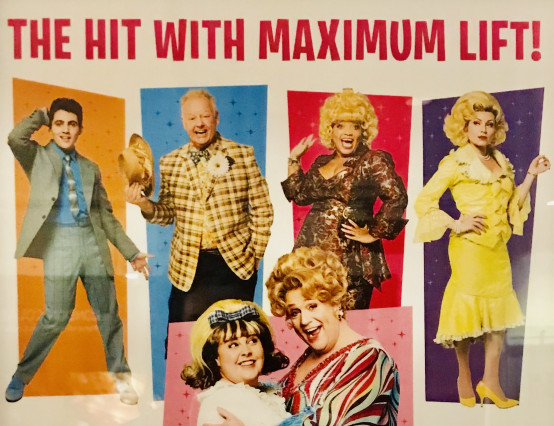

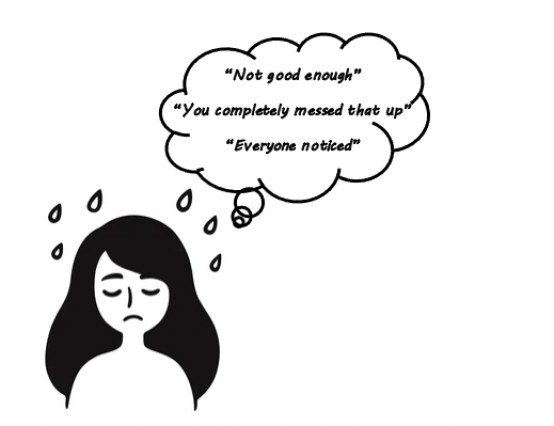

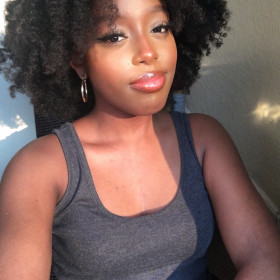


A lot to think about from this article, really enlightening!